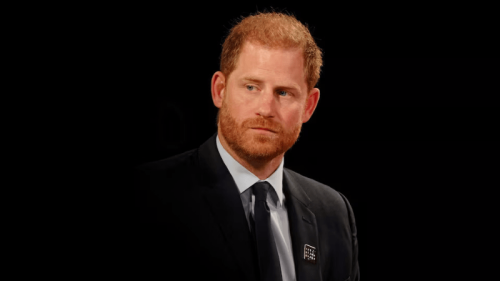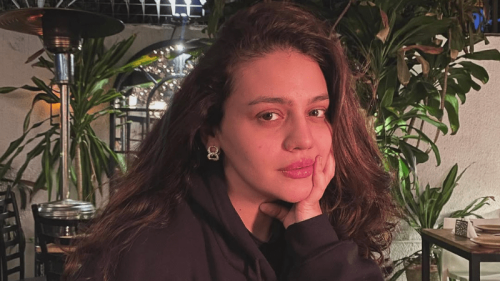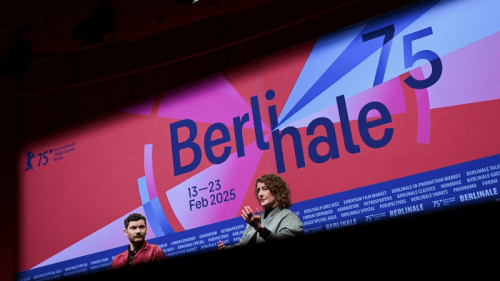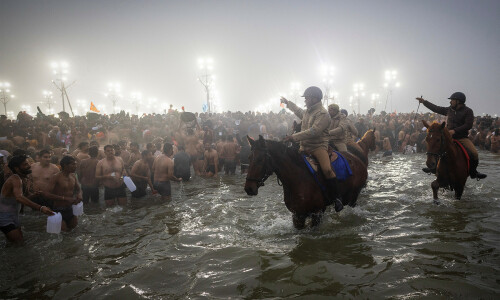A trivial number of people showed their undisclosed incomes voluntarily and paid penalty and regular tax to legalise the sums, according to data from the National Board of Revenue (NBR).
Some 223 taxpayers disclosed their undeclared income amounting to Tk 197 crore in the three years since the fiscal 2016-17, yielding the tax authority Tk 37 crore in tax, according provisional data from the NBR.
“This is very insignificant. It may be that holders of black money have taken the matter lightly because of amnesty given by successive governments,” said Zahid Hussain, former economist of the World Bank.
The highest amount of black money was whitened during the last caretaker government’s tenure amid fear of getting caught by the anti-graft body.
During the tenure of the caretaker government Tk 9,682 crore was whitened, which is 70.12 percent of the total amount whitened between 1972 and 2013.
And the tax authority got Tk 911 crore in tax, according to data from the finance ministry.
“A temporary window was opened then to encourage disclosure of undisclosed income. It has to be a temporary opportunity or else people will continue to do the same.”
Furthermore, there should be a credibility of such schemes that one would get caught later on if the chance is not taken.
“At the same time, they have to be sure that nobody will ask questions. If there is possibility of investigation by other agencies, a major chunk of the money will not be disclosed,” said Hussain.
On the argument by some policymakers that money would be siphoned off abroad if the opportunity to whiten money is not given, he said money earned illegally and through corrupt means might be sent abroad.
“Tax benefits were given by every government but have we seen the money returning? Our experiences do not suggest that,” he added.
The Awami League-led government introduced the scope of voluntary income disclosure from fiscal 2012-13.
In the first year, 273 individuals availed the opportunity by disclosing Tk 133 crore. They paid taxes and fines amounting to Tk 33.36 crore.
A year later the government offered the scope to legalise black money without any question for purchase of residential buildings and apartments after payment of a fixed amount of tax based on area and size of the properties.
The window has been open since.
And this year, the government reduced the rate of tax on construction and purchase of flats apart from maintaining the scope to legalise undisclosed income without facing any question from tax authority.
The provision provides taxpayers the opportunity to show their incomes voluntarily by paying 10 per cent penalty in addition to their regular tax.
Ahsan H Mansur, executive director of the Policy Research Institute (PRI) of Bangladesh, said the provision of voluntary disclosure of income is kept in income tax law in other countries too to allow taxpayers to correct omissions.
“It is a standard code.”
This provision is different from the amnesty given to holders of undisclosed money.
“Amnesty is given to those whose sources of income is non-transparent,” he added.
This year, the government has granted the opportunity to legalise black money without question on investment in economic zones and hi-tech parks.
A person will have to pay only 10 percent on the sums of his/her undisclosed money invested in the industrial enclave, according to the tax measures passed in the parliament last month for fiscal 2019-20.
This provision may encourage tax evasion and creation of black money as the amount of tax would be one-third the official tax rate, Hussain said.
If a person shows Tk 1.0 crore as income, he/she will have to pay Tk 30 lakh based on the regular rate.
By initially not declaring the income and disclosing it later under this facility, the same person would be paying only 10 percent tax by showing investment in economic zones or hi-tech parks.
Published in Dawn, The Business and Finance Weekly, July 15th, 2019
















































